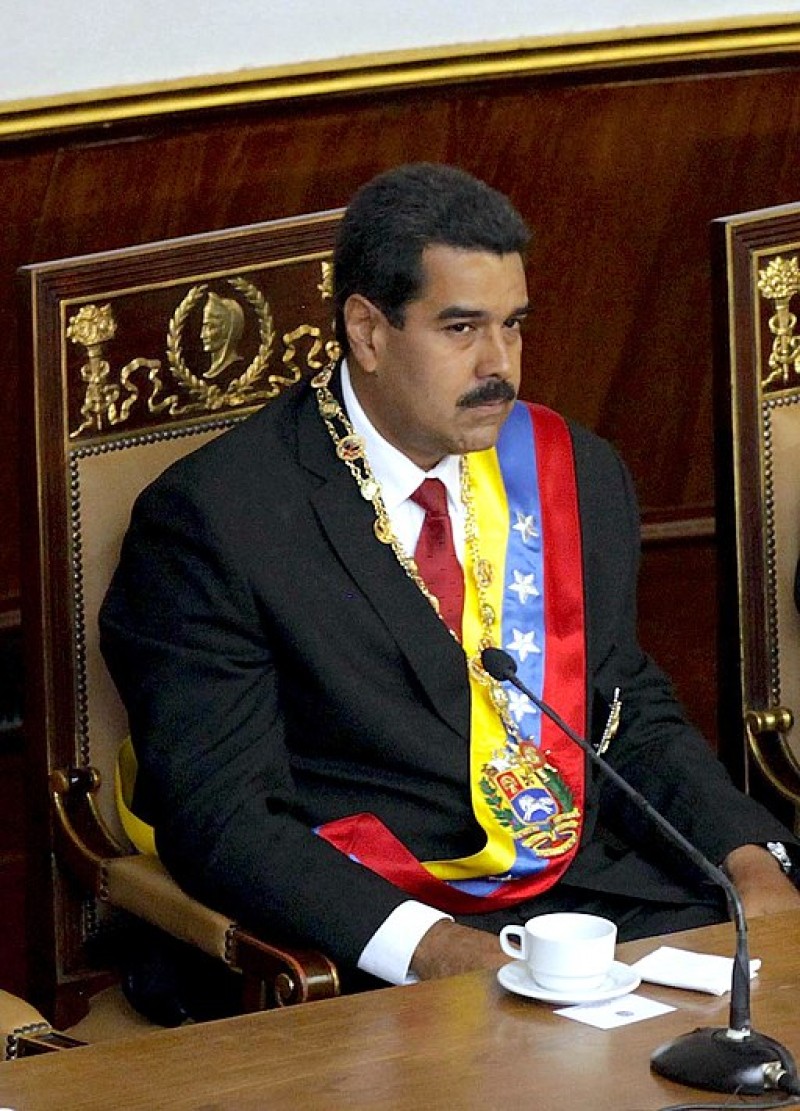Venezuela’s National Electoral Council reported that Maduro had secured 51% of the votes, while his main challenger Emundo González received 44%. This means Maduro will remain in power for the next six years, having already held the position for the previous 11.
The announcement was first rejected by Maria Corina Machado, leader of the opposition, who had been prevented from participating in the elections and endorsed González, the candidate registered by a coalition of opposition parties led by her.
“We want to tell all Venezuelans and the rest of the world that Venezuela has a new president, and he is Edmundo González Urrutia,” Machado declared.
She stated that González's landslide victory showed that the people had decided to end 25 years of government under the so-called Chavismo, which was established in 1999 by Hugo Chávez, the predecessor and political mentor of Nicolás Maduro.
“This has been so overwhelming, so significant, that we have won in all sectors, strata, and states of the country,” said Machado. “Venezuelans and the whole world know what happened,” added González.
To the sounds of protesters banging pots and pans in several cities, Maduro was proclaimed in office just hours after the result was announced without the electoral authority publishing a detailed report of the election results center by center.
Machado and other opposition spokespersons pointed out that the government massively prevented opposition witnesses from obtaining the voting records from the polling centers, which was a violation of the law. Nevertheless, Machado said, the opposition has managed to obtain enough information to confirm González's resounding victory.
Most of Venezuela’s Latin American neighbors have not yet recognized the official results, arguing that such an outcome was not verifiable.
Chile’s President Gabriel Boric and Uruguay’s Luis Lacalle Pou stated they could not accept results that were not auditable or were the product of an unreliable process. Argentina’s Javier Milei called on Maduro to accept his defeat and step down.
Prior to the announcement of the results, the foreign ministries of Argentina, Costa Rica, Ecuador, Panama, Paraguay, Peru, and Uruguay expressed concern about the process and called for an independent review of the vote in a joint communique.
U.S. Secretary of State Antony Blinken said during a visit to Tokyo that the U.S. has “serious concerns that the result announced does not reflect the will or the votes of the Venezuelan people.”
Governments sympathetic to Maduro, such as those of Cuba and Nicaragua, celebrated the result.
Maduro labeled his challenger as a fascist who cannot win in his country. “Fascism in Venezuela, the land of Bolivar and Chávez, will not pass,” he declared after his victory was announced.
Maduro’s opponents had hoped to end his corrupt regime, which, according to conservative estimates, has looted around US$400 billion. Venezuela is ranked as the second most corrupt country in the world in 2023, only behind Somalia and on par with Syria and South Sudan, according to Transparency International’s Corruption Perceptions Index.
Maduro, whom the OCCRP declared the most corrupt person in the world in 2016, is seen as responsible for a regime so rife with mismanagement that citizens of the once leading Latin American nation are now literally starving and begging for medicines.



